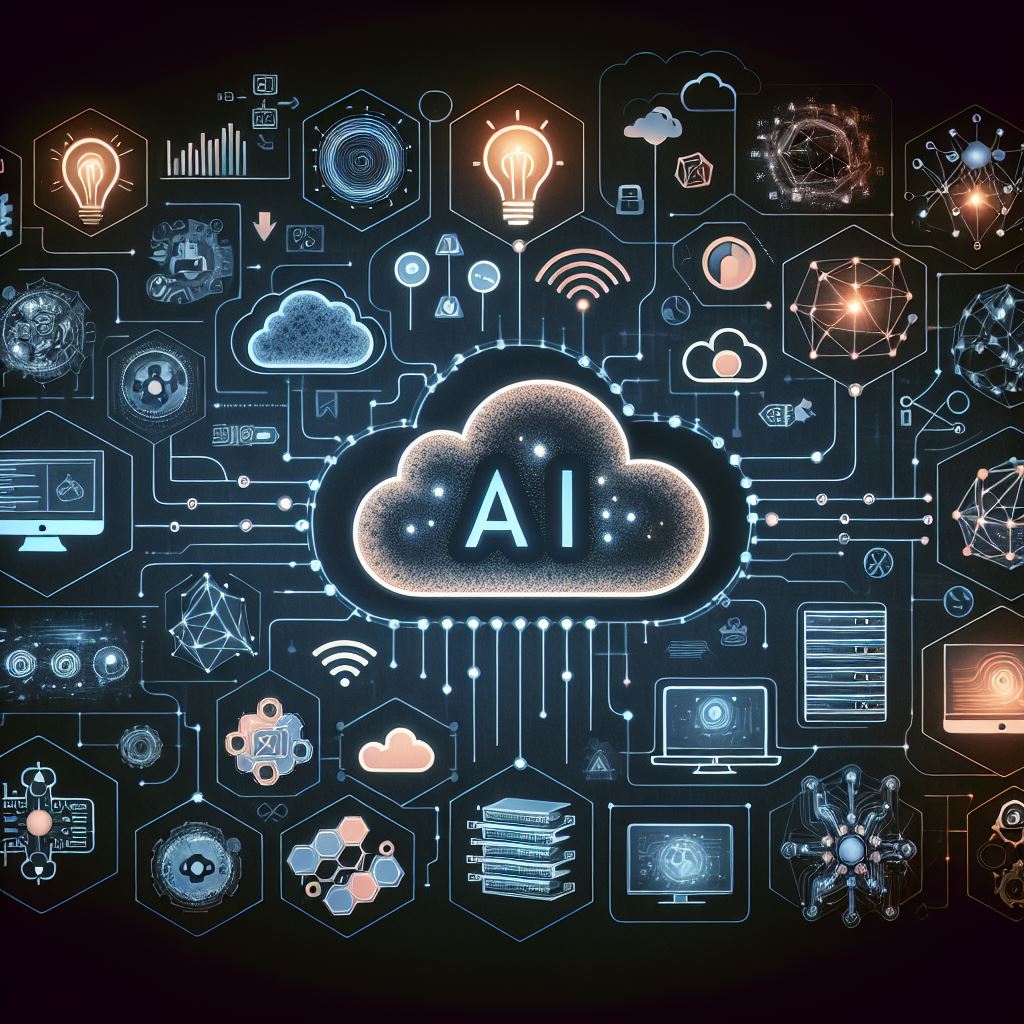The Transformative Power of AI in Health: Shaping the Future of Healthcare
In the rapidly evolving world of healthcare, Artificial Intelligence (AI) is no longer a futuristic concept — it is already reshaping how care is delivered, diagnoses are made, and treatments are personalized. As cloud computing, big data, and AI models advance, healthcare organizations worldwide are leveraging AI technologies to improve patient outcomes, reduce costs, and streamline operations.
In this blog, we explore how AI is revolutionizing the healthcare sector, its current applications, and what the future holds.
1️⃣ AI-Driven Diagnostics
AI-powered diagnostic tools are enhancing the accuracy and speed of detecting diseases. Using advanced algorithms, AI systems analyze medical images, lab results, and patient data to identify conditions that may be difficult to detect through traditional methods.
For example:
- Radiology: AI models can analyze X-rays, MRIs, and CT scans with high precision, assisting radiologists in identifying anomalies such as tumors, fractures, or internal bleeding.
- Pathology: AI is being used to analyze biopsy slides to detect cancer cells with high sensitivity.
- Ophthalmology: Deep learning models can detect diabetic retinopathy in eye scans, enabling early intervention.
2️⃣ Personalized Medicine and Predictive Analytics
Every patient is unique, and AI enables healthcare providers to move toward truly personalized medicine. By analyzing a patient’s genetic data, medical history, and lifestyle, AI algorithms can predict disease risks and suggest targeted treatment plans.
Predictive analytics powered by AI allows healthcare organizations to:
- Identify high-risk patients
- Predict hospital readmissions
- Optimize care plans
- Prevent complications before they arise
This proactive approach not only improves care quality but also significantly reduces healthcare costs.
3️⃣ Virtual Health Assistants and Patient Engagement
AI-powered virtual health assistants are enhancing patient engagement and improving access to care. These digital assistants can:
- Answer patient queries
- Schedule appointments
- Remind patients to take medications
- Monitor chronic conditions remotely
This 24/7 support helps patients manage their health more effectively, while freeing up healthcare providers to focus on critical care.
4️⃣ AI in Drug Discovery and Development
The traditional drug development process can take years and cost billions. AI is accelerating this process by:
- Analyzing massive datasets to identify potential drug candidates
- Predicting how drugs will interact with the body
- Optimizing clinical trial designs
This not only speeds up the delivery of new treatments but also helps in developing drugs for rare or complex diseases that were previously overlooked.
5️⃣ Administrative Efficiency and Cost Reduction
AI is also making healthcare operations more efficient by automating administrative tasks such as:
- Medical coding and billing
- Claims processing
- Appointment scheduling
- Supply chain management
By reducing the administrative burden, healthcare professionals can dedicate more time to patient care, improving both job satisfaction and patient outcomes.
🚀 The Challenges and Ethical Considerations
While AI offers tremendous potential, it also brings challenges that healthcare organizations must address:
- Data Privacy: Protecting patient data from breaches and misuse.
- Bias and Fairness: Ensuring AI models are trained on diverse datasets to prevent biased outcomes.
- Transparency: Making AI decision-making processes interpretable for clinicians and patients.
- Regulatory Compliance: Adhering to healthcare regulations and standards.
Healthcare leaders must balance innovation with ethical responsibility to ensure AI serves all patients equitably and safely.
🌐 The Future of AI in Health
The integration of AI into healthcare is still in its early stages, but its growth is accelerating. In the coming years, we can expect:
- More AI-powered remote care and telemedicine
- Greater use of AI in genomics and personalized treatments
- Advanced robotics in surgery and rehabilitation
- Seamless integration of AI with cloud-based Electronic Health Records (EHRs)
The partnership between AI, cloud technology, and healthcare professionals holds incredible promise to make healthcare more accessible, affordable, and effective for everyone.
At The Instant Answer, we specialize in helping healthcare organizations unlock the power of AI and cloud solutions to transform their operations and deliver better care.
👉 Contact us today to learn how we can help your organization navigate this exciting frontier.


Hi, this is a comment.
To get started with moderating, editing, and deleting comments, please visit the Comments screen in the dashboard.
Commenter avatars come from Gravatar.